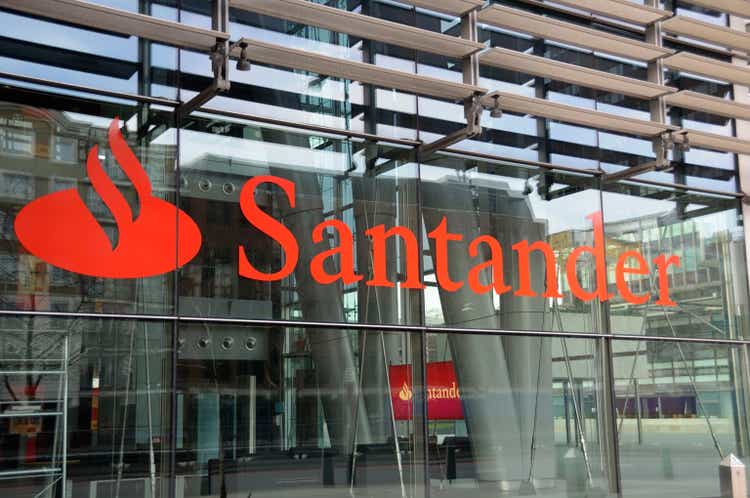Welcome to Eye on AI! In this edition...Scale AI cuts 14% of workforce after Meta investment, hiring of founder Wang...OpenAI to take cut of ChatGPT shopping sales in hunt for revenues...Former top Google researchers have built a new kind of AI agent—and they think it could be a step toward superintelligence.
I am reporting Eye on AI this week from Vancouver, where I’ve been hanging out with thousands of PhD-level AI researchers at the International Conference for Machine Learning (ICML), one of the top annual gatherings for AI talent from elite universities, Big Tech labs and AI startups.
I’ll be honest: It’s humbling to be here, surrounded by professors, postdocs, and industry researchers who casually drop references to mathematical proofs and thermodynamics metaphors into everyday conversation. There are thousands of posters, papers, and presentations—far too many to meaningfully absorb, even if I fed them all into ChatGPT. My brain feels like it’s running at max capacity as I try to make sense of talks titled “Controlling Underestimation Bias in Constrained Reinforcement Learning for Safe Exploration” and “Discrete Flow Matching for Graph Generation.”
Still, there’s something electric about being in the room where the future of AI is being debated, defined, and maybe even redirected. I’m a big believer in getting out of my comfort zone—and into a beginner’s mindset—especially in a space where today’s theories might become tomorrow’s technologies. As I wrap up my time at ICML, here’s what’s sticking with me:
The AI talent wars are in full swing. Meta’s extraordinary, ongoing hiring spree, which has thrown tens and even hundreds of millions of dollars at elite AI researchers lured from OpenAI, Anthropic, Google DeepMind and others, is the talk of ICML. Some clearly see it as over-the-top, with one London-based researcher telling me it is creating “a bubble.” Others envision Meta as a dream gig—one Swedish PhD student, showing off an armful of swag from various exhibition hall booths, including a pair of blue IBM socks—said he could only hope to land an interview there one day. Either way, Big Tech had recruiters working overtime, with private after-hour events for candidates sprinkled out at venues near the Vancouver Convention Center.
There’s no better place to ask questions. One of the best things about hanging out with really smart people is picking the brains of really smart people. It helps that AI researchers are typically incredibly kind about explaining their work to a curious journalist. In a vast expo hall filled with seemingly-endless rows of poster presentations, you never know when you’ll happen upon a well-known Stanford University professor perfectly happy to spend 20 minutes chatting about AI model behavior and ethical guardrails. How valuable are one-on-one meetings here? How about a machine learning pioneer waxing philosophically about the old days (which are only 10-15 years ago)? Or a former Google Brain researcher patiently explaining the ins and outs of Transformer models? Priceless.
Scaling up reinforcement learning (RL) is all the rage. That’s not my line—it’s from former Tesla AI chief Andrej Karpathy on X—but RL was everywhere at ICML. (RL, or reinforcement learning, is a training method where Ai learns by trial and error, to maximize some reward. That could be points in a game, or the number of “thumbs up” grades an AI model’s outputs receive from a human evaluator.) Now, researchers are taking reinforcement learning techniques and pushing them to much larger scales to train or fine-tune today’s big language and multimodal models. With more data, more compute, and harder tasks, you (hopefully) get models that work to reason better, follow instructions more reliably, and behave more safely in messy, real-world, enterprise settings.
Lots of researchers are ready to live their founder dream. There is the startlingly young duo out of Princeton building multimodal medical foundation models. The PhD-level intern at Waymo using Pokemon games to stress-test large language models and AI agents on strategy. The ex-Google and ex-OpenAI researchers aiming to leapfrog current AI tech. With VCs walking the halls during the day and offering open bar events at night, it was easy to view this research conference as partly a hotbed of current and potential founders.
I’m ready to head back to New Jersey, with plenty of new story ideas and sources in tow. With that, here’s the rest of the AI news.
Sharon Goldman
sharon.goldman@fortune.com
@sharongoldman
This story was originally featured on Fortune.com

 4 hours ago
1
4 hours ago
1











 English (US) ·
English (US) ·